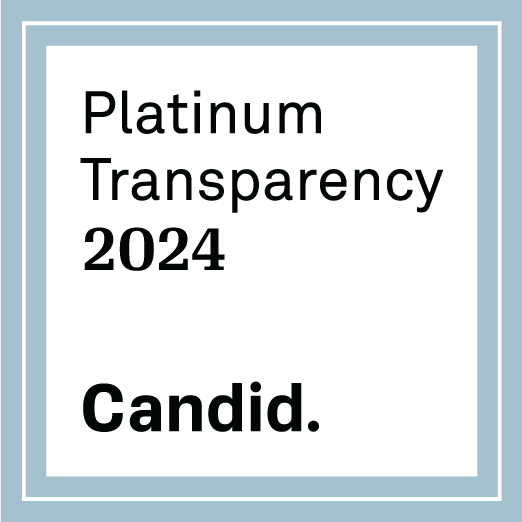Background: Parents of children with rare diseases often face uncertainty about diagnosis, treatment, and costs associated with healthcare for their child. Health insurance status impacts each of these areas, but no U.S. study has explored parents’ perceptions of the health insurance impacts on their child’s care. This study aimed to qualitatively explore how these parents navigate the complex health insurance system for their children and their experiences in doing so.
Methods: Semi-structured interviews were conducted with parents of children with metachromatic leukodystrophy (MLD) and spinal muscular atrophy (SMA), chosen for specific disease characteristics and orphan drug status. Partici- pants were recruited via e-mail through patient advocacy organizations between September and December 2018.
Interviews were conducted via Skype, were recorded, and professionally transcribed. Modified grounded theory was utilized as a methodology to analyze transcripts in an iterative process to determine themes and sub-themes based on participant described experiences.
Results: Major themes and subthemes that emerged across the 15 interviews included: (1) difficulties obtaining secondary insurance based on state eligibility criteria; (2) difficulty accessing needed healthcare services; and (3) need for repeated interactions with insurance representatives. The absence of clearly documented or widely recognized clinical guidelines exacerbated the difficulty accessing care identified as necessary by their healthcare team, such as therapy and equipment. An explanatory model for parents’ experiences was developed from the themes and sub-themes. The model includes the cyclical nature of interacting with insurance for redundant reauthorizations and the outside support and financial assistance that is often necessary to address their child’s healthcare needs.
Conclusions: With complex health conditions, small setbacks can become costly and disruptive to the health of the child and the life of the family. This study suggests that patients with rare diseases may benefit from time limits for processing coverage decisions, increasing transparency in the claims and preauthorization processes, and more expansive authorizations for ongoing needs. Additional studies are needed to understand the full scope of barriers and to inform policies that can facilitate better access for families living with rare diseases.











